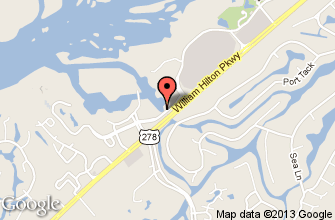News Room
PrintConsumer Goods Labeling and False Advertising - It's Not Just the FDA AnymoreFebruary 11, 2015
Periodically, I run across topics where business, law (especially intellectual property), and technology collide. For example, in August of 2014, the United States Supreme Court issued a ruling in Pom Wonderful, LLC (Pom) v. The Coca-Cola Company (Coke), Docket No. 12-761 that widely impacts the food and beverage industry, and potentially all consumer products. Pom sued Coke alleging violation of the false advertising portion of the United States trademark laws over Coke's labeling of its product. Coke released a bottled juice under its Minute Maid brand with the following information on the label: "pomegranate blueberry flavored blend of 5 juices". However, the product itself contained mostly apple and grape juices, and had only 0.3% pomegranate juice and a small amount of blueberry juices.
Coke's defense argued that it had substantially complied with the FDA juice-labeling regulations and that it is the FDA that determines naming and labeling. Coke took the position that the FDA's regulations supersede the false advertising claim of Pom. While the trial court and 9th Circuit Court of Appeals agreed with Coke, the U.S. Supreme Court did not and reversed the lower court holding that compliance with the FDA does not allow you to avoid liability under false advertising laws.
This decision will likely lead to additional claims against labeling and packaging since a label that complies with the FDA or FTC is now vulnerable to challenges by private parties. This is particularly true given the broad definition of "labeling" used by regulatory agencies. For example, the FDA takes the position that for food products, a label is "all labels and other written, printed or graphic matter upon any article or any of its containers or wrappers or accompanying such article." (Federal Food, Drug and Cosmetic Act (FFDCA) Section 201(m).) One appellate court stated that under the FFDCA, "Most, if not all advertising, is labeling. The term 'labeling' is defined in the FFDCA as including all printed matter accompanying any article. Congress did not, and we cannot, exclude from the definition printed matter which constitutes advertising." United States v. Research Laboratories, Inc., 126 F.2d 42 (9th Cir. 1942).
By stating that the US trademark laws are not preempted by the FDA regulation and by implication, other agency regulations, we should see an increased level of private party false advertising claims both by competitors and class action plaintiffs. Understanding your risks prior to product launch or rebranding will become even more important. It is no longer sufficient to consult with your FDA or FTC counsel alone; it is now recommended to consult with an experienced attorney in the fields of trademark, service mark and false advertising.




















